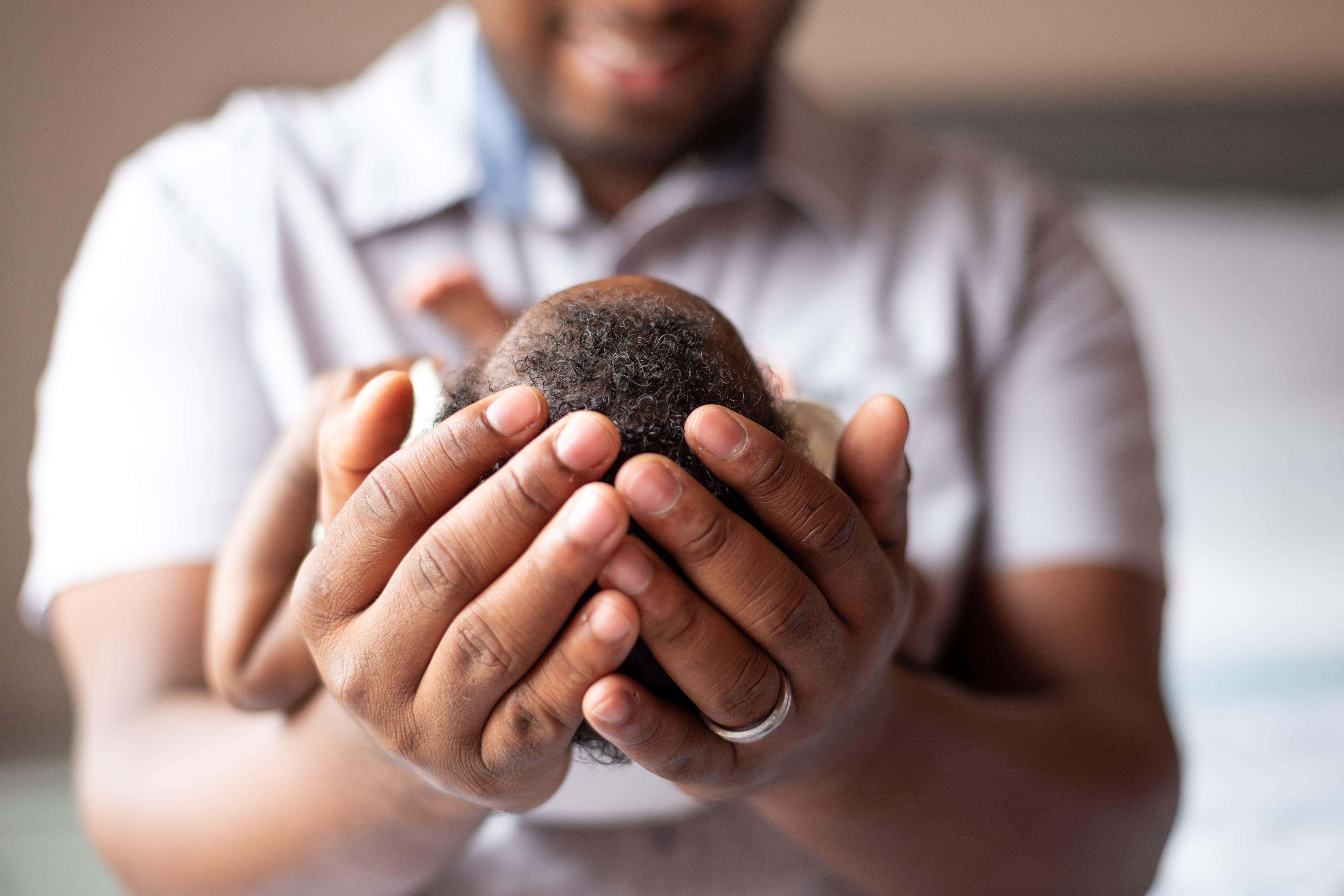Paternity leave should be paid for six weeks, campaigners tell Government
Researchers found that countries with more than six weeks of paid paternity leave have a 4.0% smaller gender wage gap.

Your support helps us to tell the story
From reproductive rights to climate change to Big Tech, The Independent is on the ground when the story is developing. Whether it's investigating the financials of Elon Musk's pro-Trump PAC or producing our latest documentary, 'The A Word', which shines a light on the American women fighting for reproductive rights, we know how important it is to parse out the facts from the messaging.
At such a critical moment in US history, we need reporters on the ground. Your donation allows us to keep sending journalists to speak to both sides of the story.
The Independent is trusted by Americans across the entire political spectrum. And unlike many other quality news outlets, we choose not to lock Americans out of our reporting and analysis with paywalls. We believe quality journalism should be available to everyone, paid for by those who can afford it.
Your support makes all the difference.Campaigners are calling on the Government to extend paid paternity leave from two to six weeks in the UK after research found it could reduce the gender pay gap.
A report from the Centre for Progressive Policy think tank (CPP) and charity Pregnant Then Screwed (PTS) analysed Organisation for Economic Co-operation and Development (OECD) data to explore the economic and health impacts of extending the statutory entitlement to paternity leave and pay.
It shows that countries with more than six weeks of paid paternity leave have a 4.0% smaller gender wage gap and 3.7% smaller labour force participation gap – the proportion of men and women in the workforce.
The analysis also suggests that closing gender employment gaps in all UK authorities would increase economic output by £23 billion.
We have the worst paternity benefit in Europe which is negatively impacting children, gender equality and the economy
It comes as the UK has the least generous paternity leave entitlement in Europe with a statutory entitlement of two weeks and pay of £172 a week, which is 44% of the national living wage.
The researchers also looked at PTS data from 1,735 mothers and 1,805 fathers, finding that just 18% of prospective parents say they or their partner could afford to take six weeks of paternity leave at the current statutory rate of pay.
However, this changed to 57% if the leave was paid at 90% of their income, as statutory maternity pay is for women.
The analysis also suggests that for 20% of fathers, no parental leave options were available to them following the birth or adoption of their child.
The organisations further commissioned a YouGov pool, which found that 65% of mothers with children under the age of 12 thought increasing paid paternity leave would have a positive impact on mothers’ readiness to return to work while 83% thought it would have a positive impact on mothers’ mental health.
Campaigners from CPP and PTS are now urging ministers to extend the statutory leave entitlement, to pay it at 90% of income in line with currently statutory maternity pay and to ensure paternity leave is available to all working fathers and partners.
They are also calling for the Government to enhance existing maternity rights to reduce financial hardship, the gender employment gap, and the gender pay gap.
Joeli Brearley, chief executive and founder of Pregnant Then Screwed, said: “We finally have evidence that boosting paternity leave will reduce the gender pay gap, improve the health of both parents and it will benefit the economy.
“Paternity leave is not a luxury but a necessity.”
Rosie Fogden, head of research and analysis at CPP said: “While long-held societal norms about gendered parenting roles are shifting, the UK’s parental leave system has not kept pace.
“As our findings show, it is still very difficult for many fathers and second parents to be able to afford to take leave when their children are born, and this has serious consequences for both parents’ mental health.”
Ms Brearley added: “If our next Government wants to set out a positive vision for the future, then thriving families must be central to their campaign.
“We have the worst paternity benefit in Europe which is negatively impacting children, gender equality and the economy.
“We are calling on the government to increase the length of non-transferrable paternity leave to a minimum of six weeks at 90% of income, in line with current statutory maternity pay.”